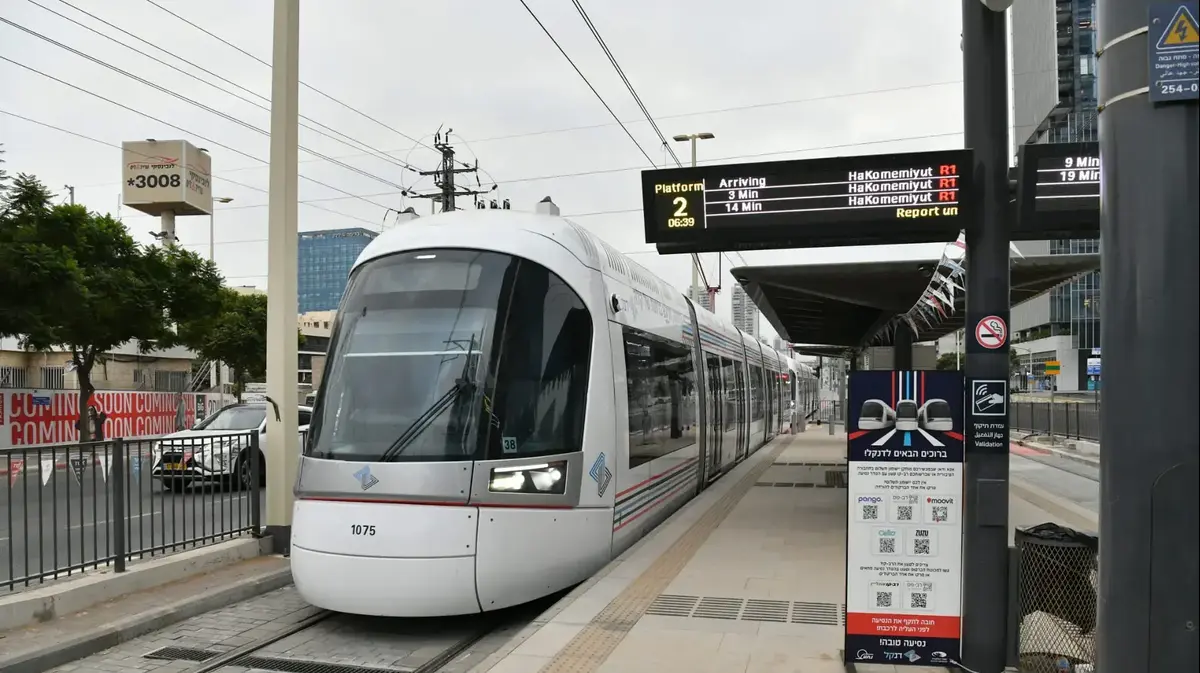Part of society looks to Berlin with concern: It's about the Insect Protection Act.
On Wednesday, February 10th, the draft law is to be discussed in the federal cabinet and possibly passed there.
Wattendorf - Wednesday, February 10, is being followed with tension not only because of the new corona negotiations by the federal and state governments.
Part of society looks to Berlin with concern for a completely different reason: It's about the Insect Protection Act.
Then the draft law is to be dealt with in the federal cabinet and possibly passed there.
The protest against the previously known content is also great in Erdinger Land.
The Erdinger office of the Bavarian Farmers' Association (BBV) organized a symbolic warning fire on Monday evening as a protest action - at Franz Bauschmid's in Wattendorf in the Walpertskirchen community.
17 farmers from the region, some of whom would be severely affected by the consequences of the Insect Protection Act, took part in the approved rally.
The draft law of the action program insect protection published in summer 2020 provides for fixed regulations for plant protection, fertilization and waterfront strips.
For example, species-rich grassland or orchards are to be protected more intensively, and plant protection products are to be banned in protected areas.
Criticism of the BBV chairman: draft law "unbalanced and far too one-sidedly geared towards agriculture"
BBV district chairman Jakob Maier is bothered by the fact that nothing has changed in the draft law in the past few months, despite numerous nationwide protests.
His criticism is directed at the Federal Environment Minister Svenja Schulze (SPD), who is responsible for the program.
He wanted politicians to be genuinely interested in a dialogue with farmers.
However, the draft law is "unbalanced and far too one-sidedly geared towards agriculture".
Maier welcomes improvements to the draft from Agriculture Minister Julia Klöckner (CDU).
Accordingly, among other things, glyphosate should only be banned in the private and municipal sector, and instead gradually restricted in agriculture.
In addition, the herbicide ban should not refer to flora, fauna, habitat and bird protection areas, but only to national categories such as nature reserves.
Maier supports these suggestions.
He thinks it is important that crop protection may be used in protected areas in the event of crop hazards from pests or poisonous plants.
BBV chairman Maier: "The new law is tantamount to expropriation"
In Wattendorf, Maier emphasized that the farmers in the region set great store by insect protection and have often already implemented measures on their own initiative.
He would like politicians to be valued and support programs to maintain forms of land cultivation.
“The new law is tantamount to expropriation, because it makes the land much less valuable,” Maier complained.
Small and medium-sized businesses would be hit hardest.
Vice-BBV district chairman Michael Hamburger from Buch had already contacted the CSU regional group on the subject.
At the rally he reported on their efforts in favor of the farmers.
According to Maier, the law would enormously restrict farmers in Eitting, Berglern, Moosinning or the Isental in particular.
One of them is Konrad Zollner, who grows vegetables in Eitting.
For him, the law is a "slap in the face" because he has already voluntarily implemented some production-integrated measures in the company.
Zollner calls for future compensation for crop failures if they arise due to environmental measures.
Farmer Zollner from Eitting: "How should we still produce there in the future?"
The Eittinger is also following the contents of the Insect Protection Act with concern with regard to bans in bird sanctuaries.
As with many of his colleagues, "70 percent of my high-quality arable land is in the Nördliches Erdinger Moos bird sanctuary".
Therefore, the planned law is "life threatening" for him.
“How are we supposed to produce there in the future?” He asked.
Martin Vohburger from Eittingermoos feels the same way.
With him, 100 percent of his areas are in the protected area.
The two farmers also make the new law dependent on whether he and his father Johann really build a new young cattle barn.
The farmers from the Erding district have great expectations of the federal ministers in Berlin.
Above all, BBV district chairman Maier would like “the government to make a clear commitment to agriculture.
Otherwise, all of the requirements mean that more and more farmers are no longer interested. "
Markus Ostermaier




